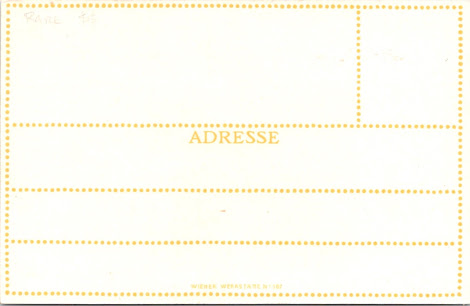A Small Fragment of a Big Event
At the 1936 Berlin Olympics, African American track star Jesse Owens won four gold medals in track. His fourth medal came when his relay team set a new world record that stood for 20 years. German Nazi party leader, Adolf Hitler, wanted to use the games to prove his theories of Aryan racial superiority, and Jesse Owens’s wins left Hitler furious.
Jesse Owens, the son of Alabama sharecroppers, emerged as a significant track talent in high school in Ohio and later at Ohio State University. In 1936, 17 African American athletes traveled to Berlin as part of 311 Americans representing the United States in the Olympics. After the games, Hitler congratulated many German athletes but left the stadium after three African Americans swept the high jump events. While Hitler avoided greeting and congratulating the Black Americans, he continued to greet German winners in private.
The 1936 games were the first to be televised, and the Black American athletes struck an important propaganda blow against Nazi Germany and achieved a significant triumph for the objectives of racial equality and human rights.
I found this 1936 postcard at the annual Wichita, Kansas Postcard Club show about ten years ago. Its image is an actual black-and-white photograph of Jesse Owens crossing the finish line in the 100-meter sprint. The card was canceled at the Berlin Olympic Stadium on August 3, 1936. Someone began to address the card but must have changed their mind and kept it as a souvenir. It bears numerous creases and small tears that give evidence of the hands it has traveled through and the hearts and minds it may have touched.
I hope this small historical artifact continues its journey with its positive message of human rights and strength.




